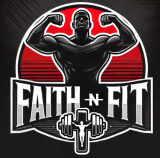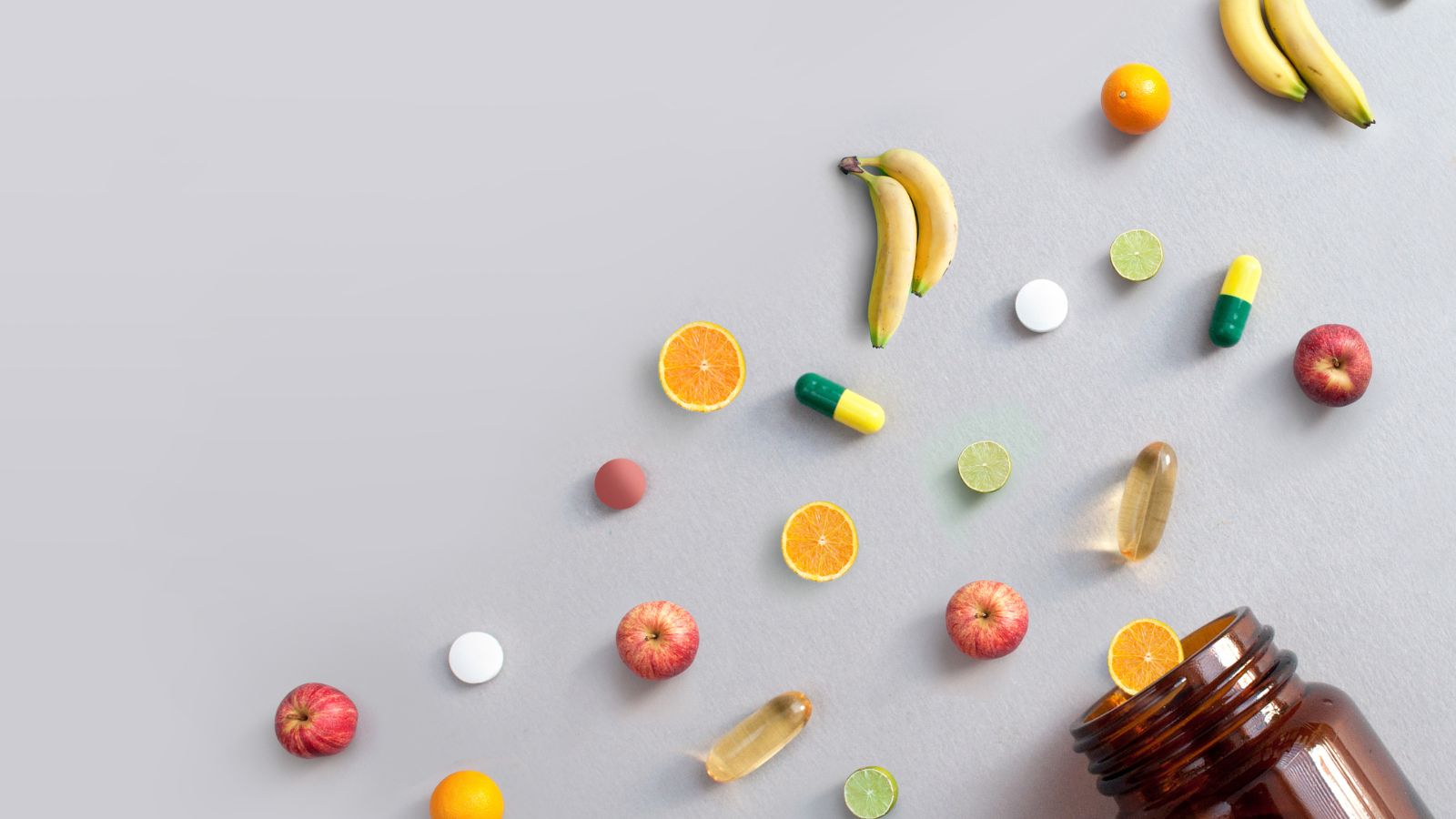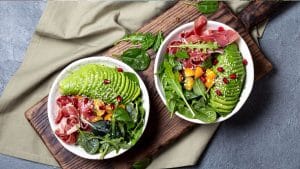When it comes to building muscle, losing fat, and optimizing performance, many people turn to supplements. But what if you could get the same benefits—without the pills or powders—straight from your plate? The best foods that act like supplements are nature’s multivitamins, loaded with essential nutrients and macronutrients that support your goals.
Let’s break it down using a little math and logic. Supplements are designed to fill nutritional gaps. But if a single food can provide 20–40% or more of your daily needs for several nutrients in one serving, doesn’t that qualify as nature’s supplement? Here are the top whole foods that give you supplement-like benefits without the added cost or fillers.
Why Choose Foods Over Supplements?
Food contains more than just vitamins and minerals—it comes with fiber, enzymes, phytochemicals, and healthy fats that work together to improve absorption and bioavailability. Supplements often isolate nutrients, but foods offer them in synergistic ratios that your body prefers.
Plus, whole foods trigger greater satiety, stabilize blood sugar, and support NEAT (non-exercise activity thermogenesis), helping you naturally maintain a calorie deficit or surplus depending on your goal.
What Are the Best Foods That Act Like Supplements?
1. Eggs – Nature’s Multivitamin
Eggs contain almost every essential vitamin and mineral except vitamin C. One large egg delivers:
- 6g protein
- B12, choline, and selenium
- Lutein and zeaxanthin (eye health)
- Healthy fats
For muscle building, eggs are gold. Their complete amino acid profile supports protein synthesis, while the healthy fat content provides sustained energy.
✅ Pro Tip: Eat the yolk! That’s where most of the nutrients live.
2. Salmon – The Omega-3 Powerhouse
Wild-caught salmon is rich in:
- Omega-3 fatty acids (EPA and DHA)
- High-quality protein (22–25g per 4 oz serving)
- B vitamins (especially B12 and B6)
- Selenium and potassium
Omega-3s reduce inflammation, support heart health, and improve insulin sensitivity—key for fat loss and recovery.
✅ Try this: Swap your protein shake for grilled salmon post-workout. You’ll feed your muscles and your brain.
3. Spinach – The Iron and Magnesium Source
One cup of cooked spinach offers:
- Iron (6.4 mg – 35% DV)
- Magnesium (157 mg – 40% DV)
- Folate, potassium, vitamin K
- Antioxidants like lutein and quercetin
Magnesium is crucial for over 300 biochemical reactions, including muscle contraction and energy production.
✅ Bonus: Add lemon to spinach dishes to enhance non-heme iron absorption.
4. Sweet Potatoes – Nature’s Electrolyte
Loaded with:
- Potassium (450 mg per medium potato)
- Beta-carotene (converted to vitamin A)
- Fiber (4g)
- Complex carbs
Sweet potatoes support glycogen replenishment after workouts while delivering long-lasting energy.
✅ Use it: As a pre-workout carb to avoid the crash from processed foods.
5. Greek Yogurt – Calcium and Protein Combo
One cup contains:
- 15–20g protein (casein + whey)
- Calcium (20% DV)
- Probiotics
- B12 and phosphorus
Greek yogurt acts like a protein powder plus a multivitamin. The probiotics support gut health, which plays a direct role in nutrient absorption and body composition.
✅ Hack: Mix Greek yogurt with berries for a fiber + protein combo that crushes cravings.
6. Liver – The Original Superfood
Beef liver is arguably the most nutrient-dense food on the planet:
- Vitamin A (more than 100% DV in one serving)
- B vitamins (B12, B2, folate)
- Iron, zinc, copper
- CoQ10
It’s a powerhouse for improving red blood cell count, energy, and testosterone levels.
✅ Pro tip: If the taste is too strong, try freeze-dried liver capsules as a “supplemental food.”
7. Quinoa – A Plant-Based Protein with Extras
Quinoa is a complete protein with:
- 8g protein per cup (cooked)
- Manganese, magnesium, phosphorus
- Fiber (5g per cup)
It’s one of the few grains that provide all nine essential amino acids, making it ideal for plant-based diets.
✅ Add it: As a base for salads or bowls to enhance both protein and micronutrient content.
What Makes These Foods Better Than Supplements?
Supplements are concentrated, but foods offer volume, fiber, and satiety. For example:
- A scoop of whey protein gives you 25g of protein but no fiber or micronutrients.
- A cup of Greek yogurt gives you 20g of protein plus calcium, probiotics, and other key vitamins.
It’s about efficiency. These foods that act like supplements provide 3+ key nutrients in meaningful amounts, offer synergy, and support performance goals without dependency on manufactured pills.
How to Use These Foods in a Muscle Building or Fat Loss Diet
Muscle Building
- Eat salmon, eggs, and Greek yogurt regularly to support muscle protein synthesis.
- Add quinoa and sweet potatoes for calorie-dense, nutrient-rich carbs.
- Focus on spinach, eggs, and liver for nutrient density with low calorie counts.
- Use Greek yogurt and salmon to boost protein intake and satiety.
Key Takeaways
- Whole foods can provide supplement-like effects when chosen strategically.
- Prioritize foods that offer 3+ essential nutrients in meaningful doses.
- These foods improve digestion, satiety, and bioavailability compared to isolated supplements.
- Always adjust intake based on body feedback—sweating, hunger levels, energy, and performance.
Read Next…
Want to naturally build a stronger body with foods that support your goals? Add these top-performing foods that act like supplements into your daily routine and fuel your transformation—no pill bottle required.
- How to Build Functional Strength for Pull-Ups and Push-Ups
- How to Safely Transition Out of Ketosis
- Why You Have Problems Sleeping Once You Reach 50
- The Dangers of Ketosis While Fasting
- How to Use Functional Exercise to Improve and Determine Longevity
Subscribe now and get a 14-day free trial workout app for iPhone users.





